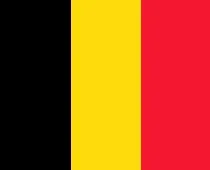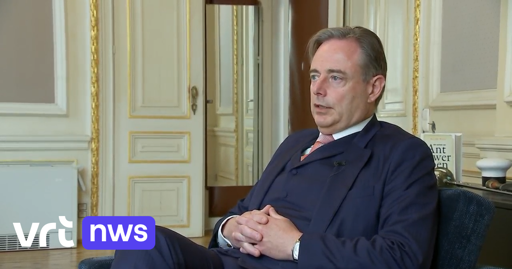In a speech held in Brussels on Thursday, the Federal Prime Minister Bart De Wever (Flemish nationalist) laid out his government’s foreign policy vision to the diplomatic corps. Mr De Wever stressed the need for international cooperation to respond to a rapidly changing global landscape.
Mr De Wever, told diplomats that conflicts, economic instability and the rise of protectionism are challenging Europe and the whole world.
The Belgian PM once again condemned Russia’s invasion of Ukraine, stating that it is a direct attack on European values. Mr De Wever reaffirmed Belgium’s unwavering support for Kyiv.
However, conflicts are not confined to Europe and Mr De Wever also addressed the escalating humanitarian crisis in Gaza, alongside ongoing conflicts in Sudan, Congo and Myanmar. Beyond war zones, organised crime and irregular migration pose additional major threats to stability in Europe, the Belgian Prime Minister said.
On the economic front, Mr De Wever warned against protectionism and argued that free and fair trade is the only sustainable route to innovation and prosperity. He went on to criticise what he sees as inefficiencies within the European single market and warned that without reform and deeper integration, Europe risks long-term economic decline.
Action taken by Belgium
Mr De Wever told diplomats that Belgium is taking firm action. The Federal Government has increased defence spending to meet NATO’s 2% of GDP target. Furthermore, Belgium is pushing for better coordination of defence resources within the EU. The Belgian Prime Minister also called on our allies to continue strengthening Europe’s collective security capabilities.
“Belgium is open for business, but closed for crime”
Mr De Wever went on to detail his government’s “MAKE 2030” plan to revitalise Belgian industry. The plan focuses on reducing regulation, establishing a healthy labour market and increasing competitiveness. Its aim halt industrial decline and position Belgium as a competitive player in global markets.
De Wever concluded by stressing Belgium is “open for business but closed for crime.” The federal government aims to attract inward investment and also crack down on organised crime and terrorism.
To achieve these aims, Belgian diplomats will need to forge strong partnerships around the world. To this end the Sablon Diplomatic Circle has been launched. Based in Brussels, it is designed to bring to together diplomatic representatives from across the globe.


